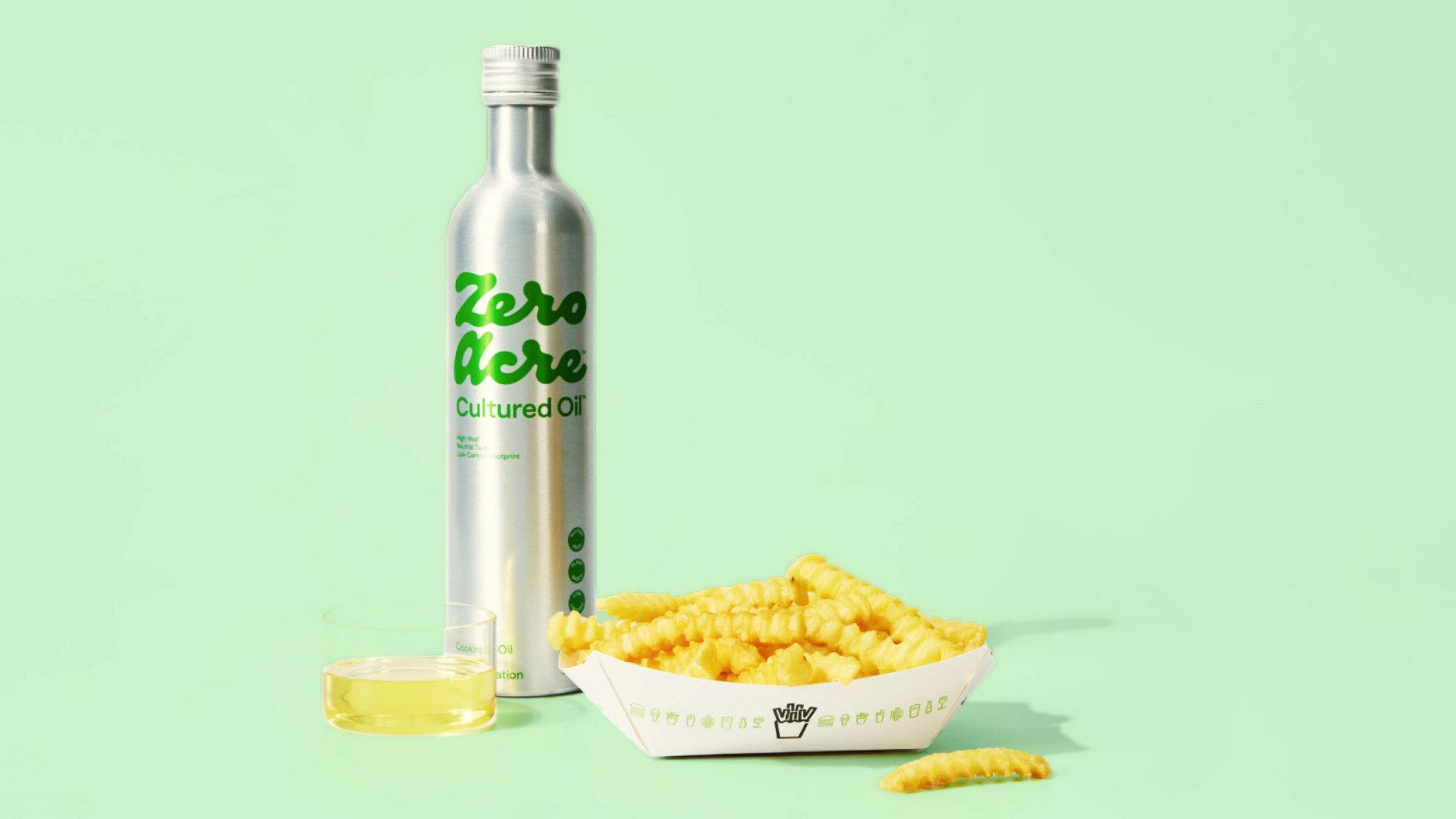Is Deep-Fried Fast Food Bad For The Environment?
Shake Shack's new eco-friendly cooking oil makes us question the hazards of fast food.
Shake Shack recently announced a change to its menu, but it wasn't the release of a fun new burger or spicy fries. Instead, the fast casual chain is launching a pilot program at two of its New York City locations (Hudson Yards and Battery Park City) to cook with environmentally friendly Zero Acre Farms oil in its fryers, rather than the typical soybean oil. Naturally, we were left wondering: What difference does the cooking oil make?
In a press release, Shake Shack touts the sustainability of Zero Acre Farms. "Like many food businesses, our menu items depend on the natural environment so we can continue serving guests the food they love," said Jeffrey Amoscato, Senior Vice President of Supply Chain and Menu Innovation at Shake Shack, in the statement. "It's why we are continuously exploring new ways to reduce our environmental footprint, including partnerships with companies like Zero Acre who are creating sustainable food solutions."
Zero Acre Farms makes its cooking oil out of "rain fed" sugarcane plants, which, the company says, require 99% less water than olive oil and 87% less land than canola oil. (McDonald's uses canola oil in its fryers, and Burger King uses canola, soy, and other oils.) The company also notes that "unlike the annual monocrops used to make most vegetable oils, sugarcane is a perennial crop – meaning harvesting sugarcane is like mowing the lawn instead of ripping a plant out of the soil every year."
"Canola, peanut, sunflower, and soybean oil are best to avoid when possible," Zero Acre Farms says on its website. "Each of these seed oils may require you to make compromises on your values surrounding sustainability, health, or both."
Is using canola or soybean oil really that bad?
Fast food cooking oils, explained
Soy production does require a lot of land, as it is a crop that only offers one yield per life cycle (unlike sugarcane, as noted above), and according to earth.org, 77% of all soy crops are produced for animal feed. Direct human food production comprises just over 19%, with oil representing 16%. Animal feed is, of course, related to meat production, something we already know is contributing to climate change. The environmental impact of meat is already a driving force for some of us to choose more plant-based options in our daily lives.
Meanwhile, studies have shown rapeseed oil, or canola oil, has been shown to have less environmental impact than soybean oil, and, according to the Canola Council of Canada—which, let's acknowledge, has some built-in bias—canola oil helps to remove CO2 from the atmosphere.
Is canola or soybean oil better than palm oil? It seems so. Is using sugarcane better than using canola and soybean oils? Maybe. But incrementally, how much better is one than the other? Do I need to avoid Burger King in order to not compromise my values, simply because they use a blend of canola and soybean oil? I have no idea.
How to choose the “right” fast food
What I'm trying to say is, if you're feeling confused right now, you're not alone. The problem with questions like "Is plant-based really healthier for my body and for the planet?" is that the answer usually amounts to "Sometimes yes, sometimes no." And it can be a bit crazy-making to figure out which choices are ultimately best. In fact, a study in Germany showed that consumers can't always make sense of complex theories like the environmental impacts of replacing one type of oil with another.
"Consumers have limited time to weigh up the social, environmental or health attributes of products," said Sophie-Dorothe Lieke from Göttingen University's Department of Agricultural Economics and Rural Development, in an article from Food Manufacturing. "Our research shows that many find the information overwhelming and want clear, reliable guidance."
Which is why, I suppose, we can be grateful that companies like Shake Shack are exploring these questions on our behalf.
Ultimately, taste might be what determines whether Shake Shack goes big on its shift to Zero Acre Farms oil. The pilot is only rolling out to two locations, but Tasting Table called the fries made with Zero Acre Farms oil a "game changer" and "absolutely delightful." By those measures, I'm excited to try them, and help the earth in the process—or at least not damage it quite as much.
